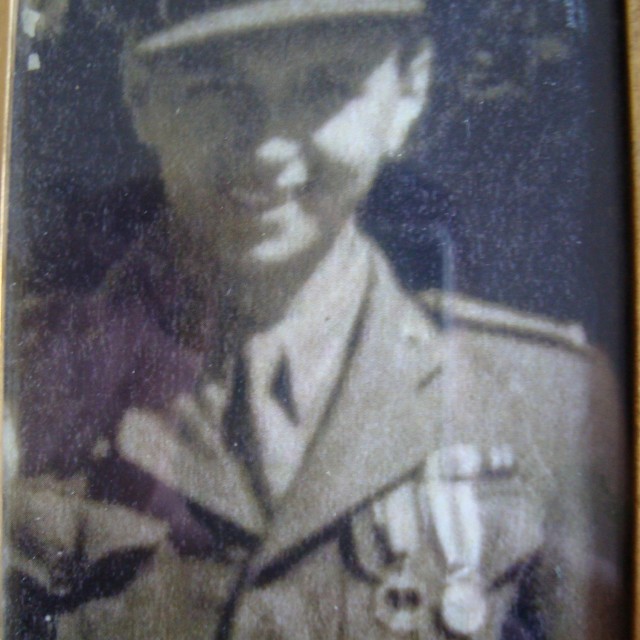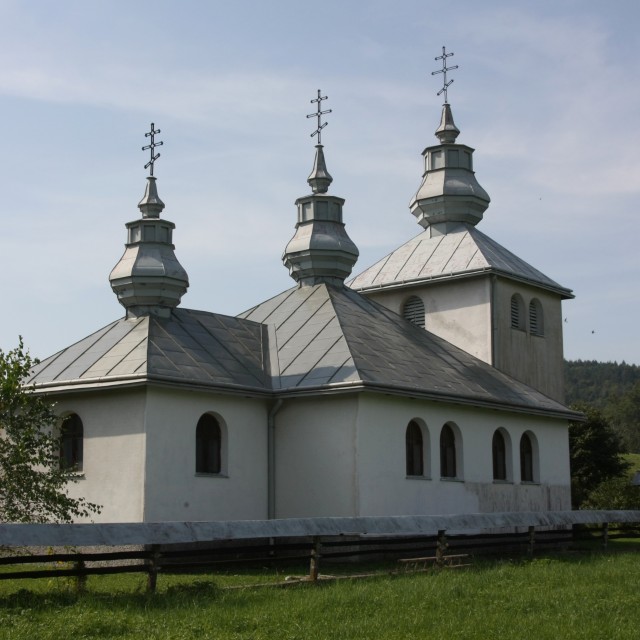
Josef Bürger
Josef Bürger, a retired warrant officer, was born in 1923 in Chlum u Křemže. He grew up with his widowed mother, his brothers and sisters. Although the family had a large farm where he had to work, he made an apprenticeship as a plumber and locksmith. However, he wasn’t allowed to complete his apprenticeship because in April 1943, he was drafted into the Wehrmacht (his grandmother was German). Josef Bürger received training in Germany and France. During this rigorous training, Josef Bürger met Rudi Reidl, with whom he then shared a very similar wartime experience. He was assigned to the eastern front to the Dnieper River, where since January 13, 1943, he was in action fighting the armies of the Soviet Union. Josef Bürger decided to run away from the Wehrmacht and to join the Red Army. However, he was captured by the Germans after an unsuccessful attempt and marked as a military deserter. Thanks to the chaotic situation on the Eastern Front, he eventually managed to escape, even though he was slightly wounded in the shoulder. He joined the Red Army on February 5, 1943, and one week later he was already fighting alongside Soviet soldiers as a signalman and a machine gunner. After various twists and turns of fate, he managed to get to the Czechoslovak army of General Svoboda. He went through training in Sadagura. He was then assigned to the machine gunners of commander Pagáč, trained the Volhynian Czechs and then transferred to the mechanized company. As a backup driver, he participated in the Carpathian-Dukla operation, delivering war material and carrying away the wounded or dead. After crossing the border and taking part in the fighting at Barwinek and Svidník, he got to Liptovský Mikuláš, where the troops had to destroy their personal records as a German siege was imminent. Josef Bürger thus lost his notes from the fighting. Via Vsetín and Kroměříž he got to Prague. In 1946, he was demobilized and henceforth worked in a number of blue-collar occupations in the Větřní paper mills, where – among other things – he was able to make use of his plumber apprenticeship. In 1983, he retired and is currently on a well-deserved rest in Český Krumlov.




